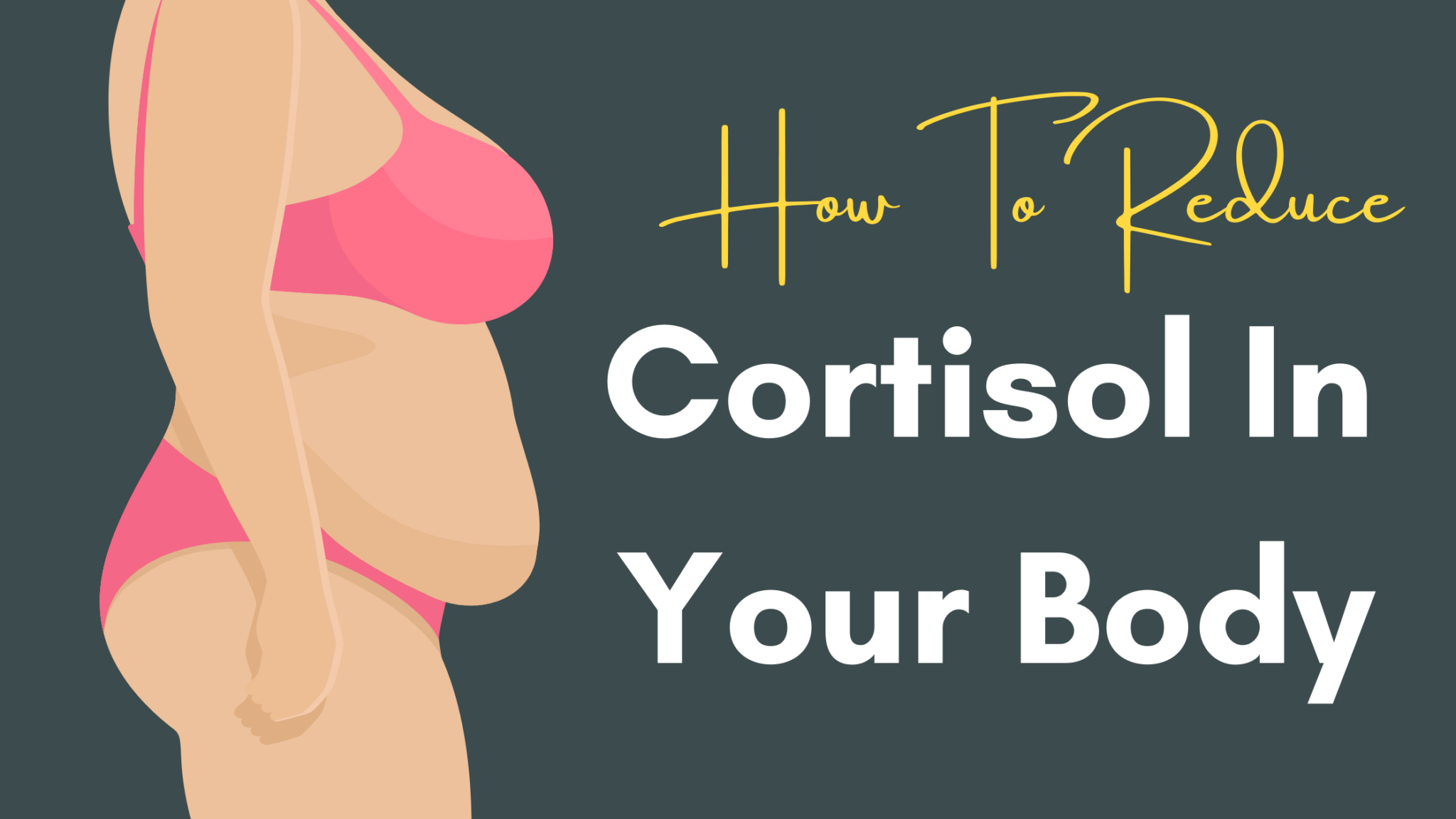How to Reduce Cortisol Levels in Your Body
High levels of cortisol, often referred to as the “stress hormone,” can wreak havoc on your body and mind. Elevated cortisol can contribute to issues like weight gain, anxiety, and high blood pressure. Lifestyle adjustments like proper sleep, exercise, and mindfulness techniques can help you manage cortisol levels. In this article, you’ll learn effective ways to lower cortisol levels naturally.

What is Cortisol?
Cortisol is a hormone your adrenal glands produce. Often called the “stress hormone,” its primary function is to help your body respond to stress. However, too much of it can have negative effects on your health.
Why is High Cortisol a Concern?
High cortisol levels can lead to a plethora of health problems. Among these are weight gain, high blood pressure, and a compromised immune system. Moreover, you may find yourself feeling anxious or depressed. So, it’s crucial to keep your cortisol levels in check.
How to Reduce Cortisol Levels
Eat Foods Rich in Antioxidants
Antioxidants combat oxidative stress, which, in turn, helps reduce cortisol levels. Foods like berries, nuts, and green leafy vegetables are excellent sources of antioxidants. So, make sure to include them in your daily meals.
Limit Sugar and Processed Foods
High sugar intake can spike your cortisol levels. Similarly, processed foods can have the same effect. Instead, opt for whole foods like fruits, vegetables, and lean protein to keep your cortisol at a manageable level.
Maintain a Regular Sleep Schedule
Adequate sleep is crucial when it comes to managing cortisol. Therefore, aim for at least 7-8 hours of quality sleep every night. Research suggests that disrupted sleep patterns can result in elevated cortisol levels.
Create a Sleep-Friendly Environment
A tranquil setting promotes better sleep. Darken your room, keep it cool, and eliminate any noise that could disturb your rest. Numerous studies have shown that a conducive sleep environment can significantly lower cortisol levels.
Engage in Physical Activity
Exercise is a proven way to reduce cortisol, but the type and amount matter. Low-intensity exercise like walking, running, and swimming can lower cortisol, while high-intensity workouts might temporarily raise it.
Incorporate Relaxation Techniques
Yoga and meditation are excellent ways to bring down cortisol levels. These practices not only improve your physical well-being but also contribute to mental tranquility.
Surround Yourself with Supportive People
A strong support network can be a potent antidote to stress. Engaging in positive interactions with friends and family can actually lower your cortisol levels. According to multiple studies, social support is a significant factor in managing stress and, consequently, cortisol levels.
Avoid Toxic Relationships
Negative interactions can be a source of immense stress, thereby elevating cortisol. Make it a point to distance yourself from relationships that cause you emotional turmoil.
Practice Mindfulness
Being present in the moment can effectively reduce stress and lower cortisol levels. Mindfulness techniques like deep breathing and focused attention have proven benefits in this regard.
Seek Professional Help
If you find it difficult to manage stress on your own, it might be helpful to consult a mental health professional. Cognitive Behavioral Therapy (CBT) is one approach that has shown promise in reducing stress and cortisol levels.






